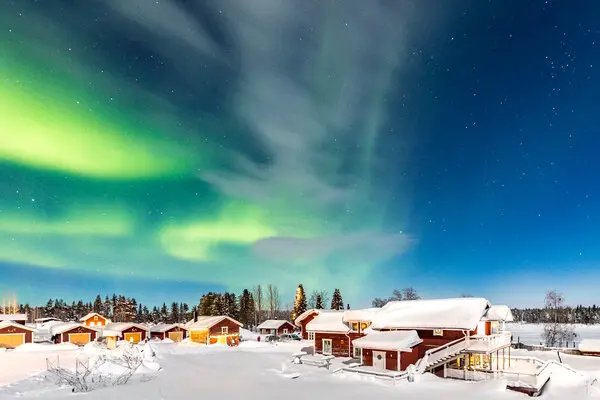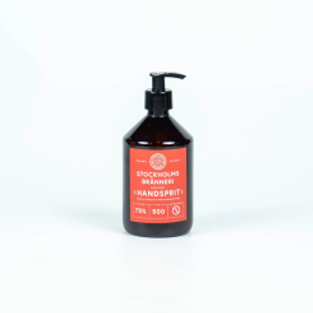- Jan 4, 2021

I’m going into 2021 like this still photo of Diana Ross from the iconic 1975 film Mahogany. Her sharp white ensemble and confident smile radiate positivity and optimism!
After such a chaotic and confusing year, I did not regret leaving 2020 behind. Unfortunately, my husband, son and I contracted the coronavirus in the beginning of December. Although our condition was not grave, we were sick for two weeks, experiencing body aches, congestion, headaches, fatigue and low-grade fevers. My husband also lost his sense of taste and smell for a few days. But the overarching sense of uncertainty over how the virus would hit us was almost debilitating. We wondered every day if we would feel worse and are extremely grateful we recovered. So, I ended 2020 with what I feared the most…

I suppose that’s why I’m not as self-critical about the year that was. I did my best given the unprecedented circumstances and was reminded that so much is still beyond our control–no matter how hard we try. I did have two major silver linings: more time with my family and a book deal. I feel stronger mentally and am excited about 2021. I’ve deliberately avoided making an exhaustive list of resolutions, but I do have some goals, intentions and dreams for the coming year:
Embark on a consistent wellness and fitness regimen. My motivation and habits shift, especially if I’m under a writing deadline, but I’m having a milestone birthday this year and want to meet it in top form!

Establish a sustainable writing routine. Ideally, I want to write 4-5 hours per day, five days a week. I don’t want to work nights, weekends or vacations (all of which I did last year) unless I have a hard deadline. I don’t want to reshuffle my hours to accommodate others or to compensate for my faulty work habits. Frankly, I get in a bad mood when I’m under too much pressure. To fix this, I will say no to non-essential activities during business hours and sit in front of my computer until some sort of magic happens!

Speak more Swedish. When my novel, Sommaren på Nornö, is published, I will have to talk about it with a Swedish audience and while I am 100% fluent in Swedish, working alone and living in a bilingual household has made me lazy; it’s very easy for me to only communicate in English. Swedes are also highly proficient English speakers which enables me to cheat. In order to step up my Swedish-language game, I need to practice, practice, practice…

Begin working on my next novel. I have a new idea that will require some research, but I’ll start with a detailed plot outline to see if the story has any legs. My goal is to complete the first draft of something by the end of the year. I’ve learned by now that if I focus and allow myself to get in that creative headspace, a story will evolve.

Travel mindfully and responsibly. I am beginning to experience some pangs of wanderlust, but I’m longing to return to places I’ve already been. I want to see my family and friends and rediscover sights and sensations. New York City, Italy and warm locales like Miami or the Caribbean are on my wish list. I don’t think I’ll be hopping on a plane for quick trips to random places like I did in the past. I would rather travel less and spend more time somewhere.

Take the Covid-19 vaccine when my turn in the queue arrives! Aside from strengthening my own immunity (since it’s unclear how long that will last), I believe it’s my civic responsibility to do what I can so we can return to some semblance of normality.
What are your thoughts about the year ahead?




















































































